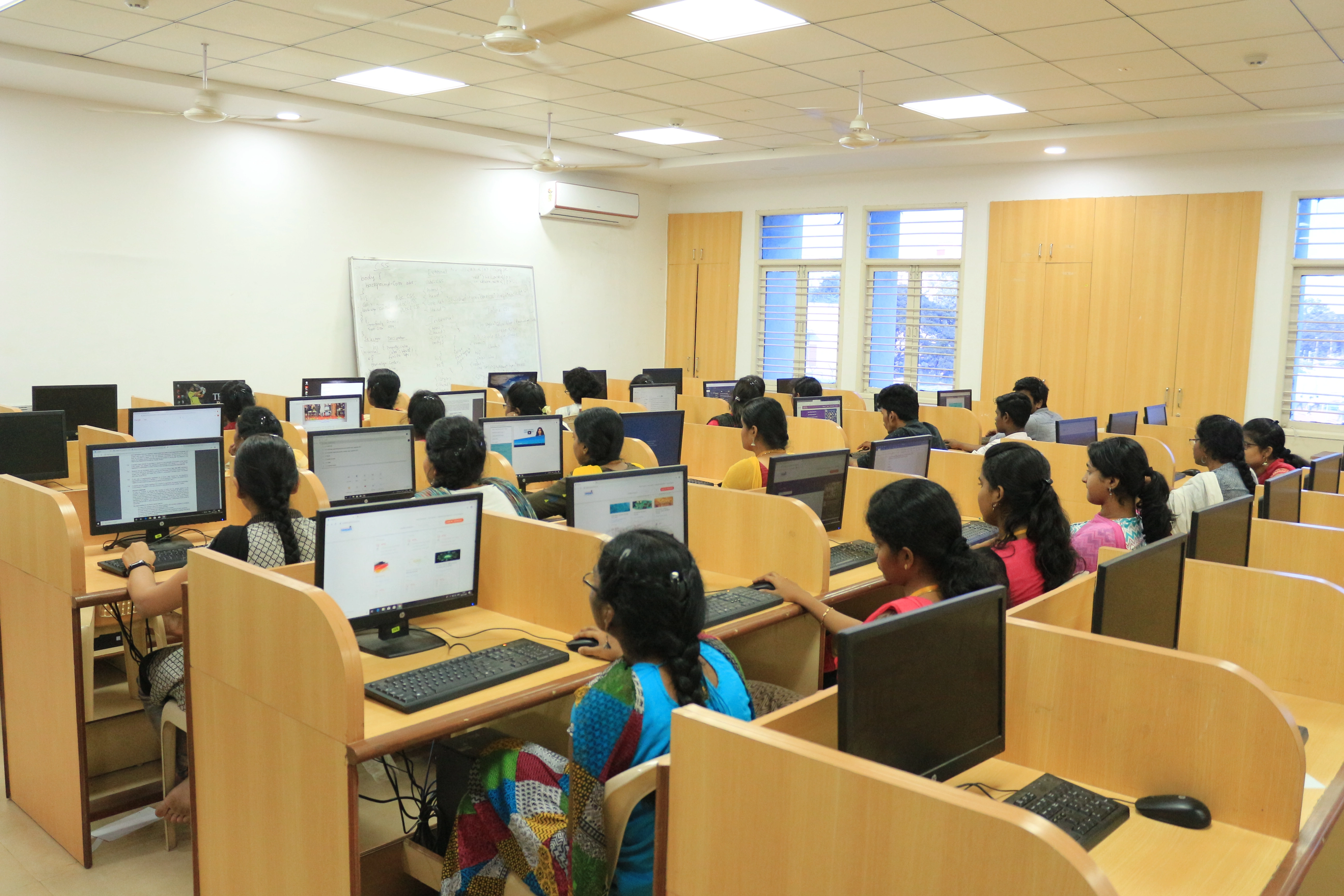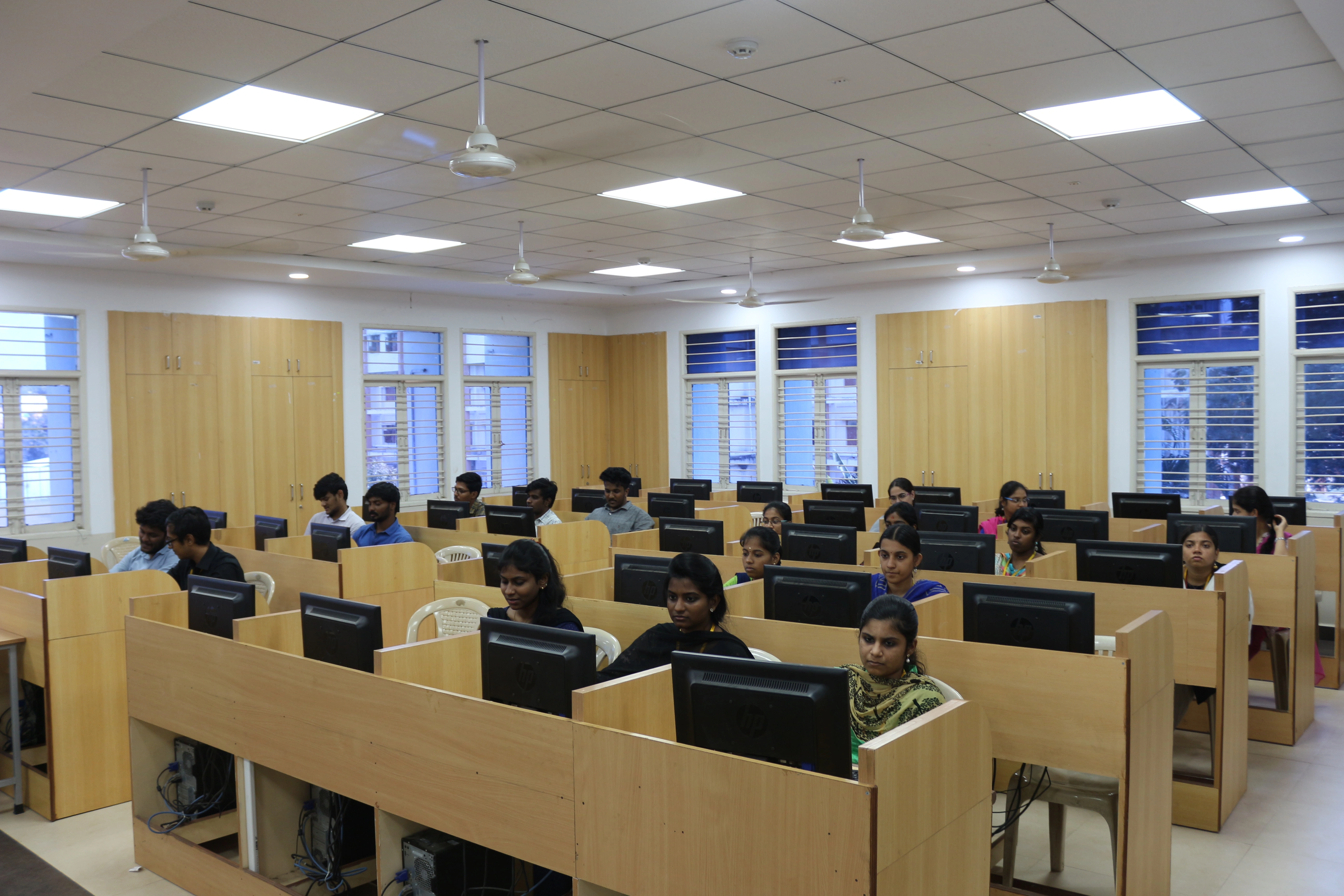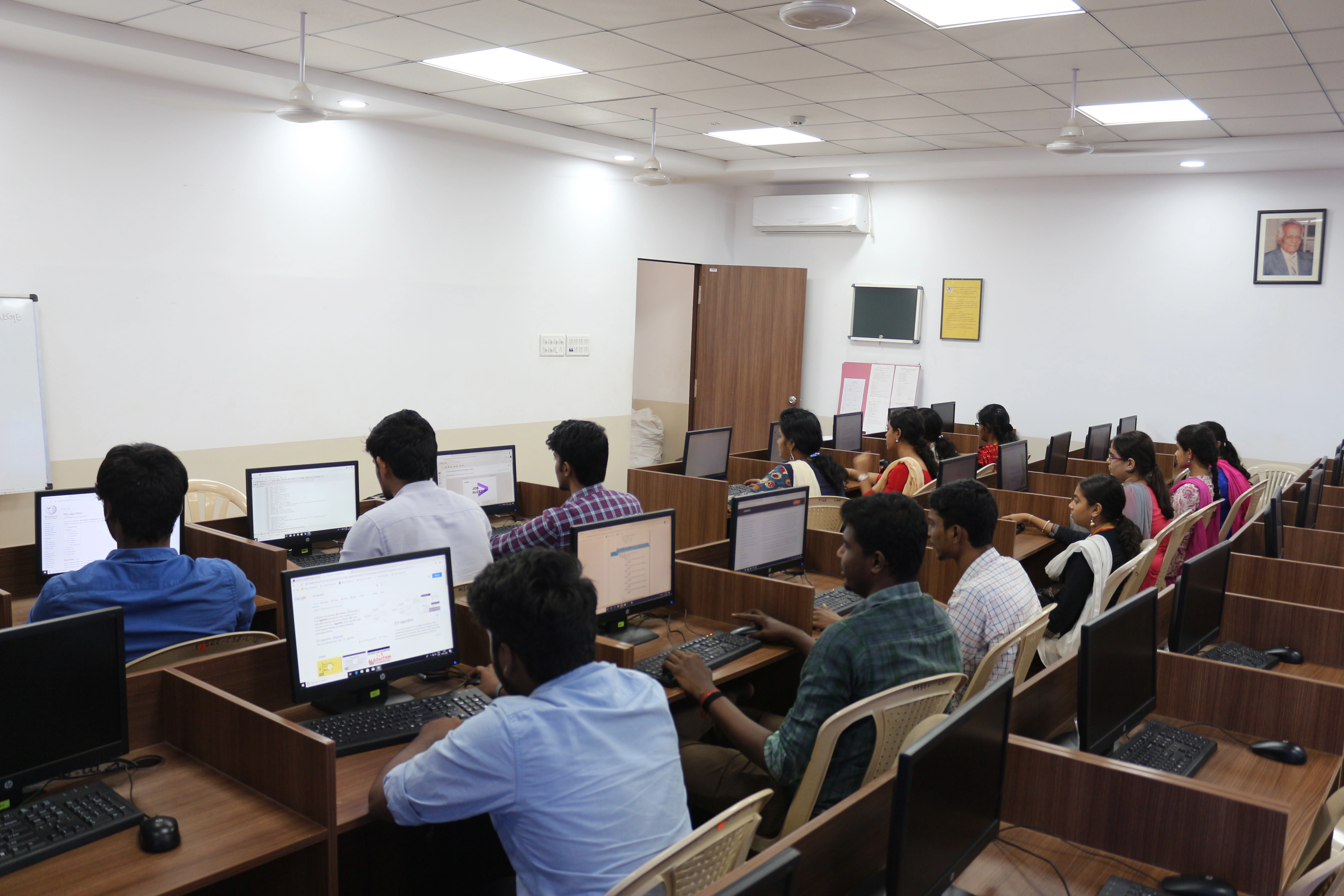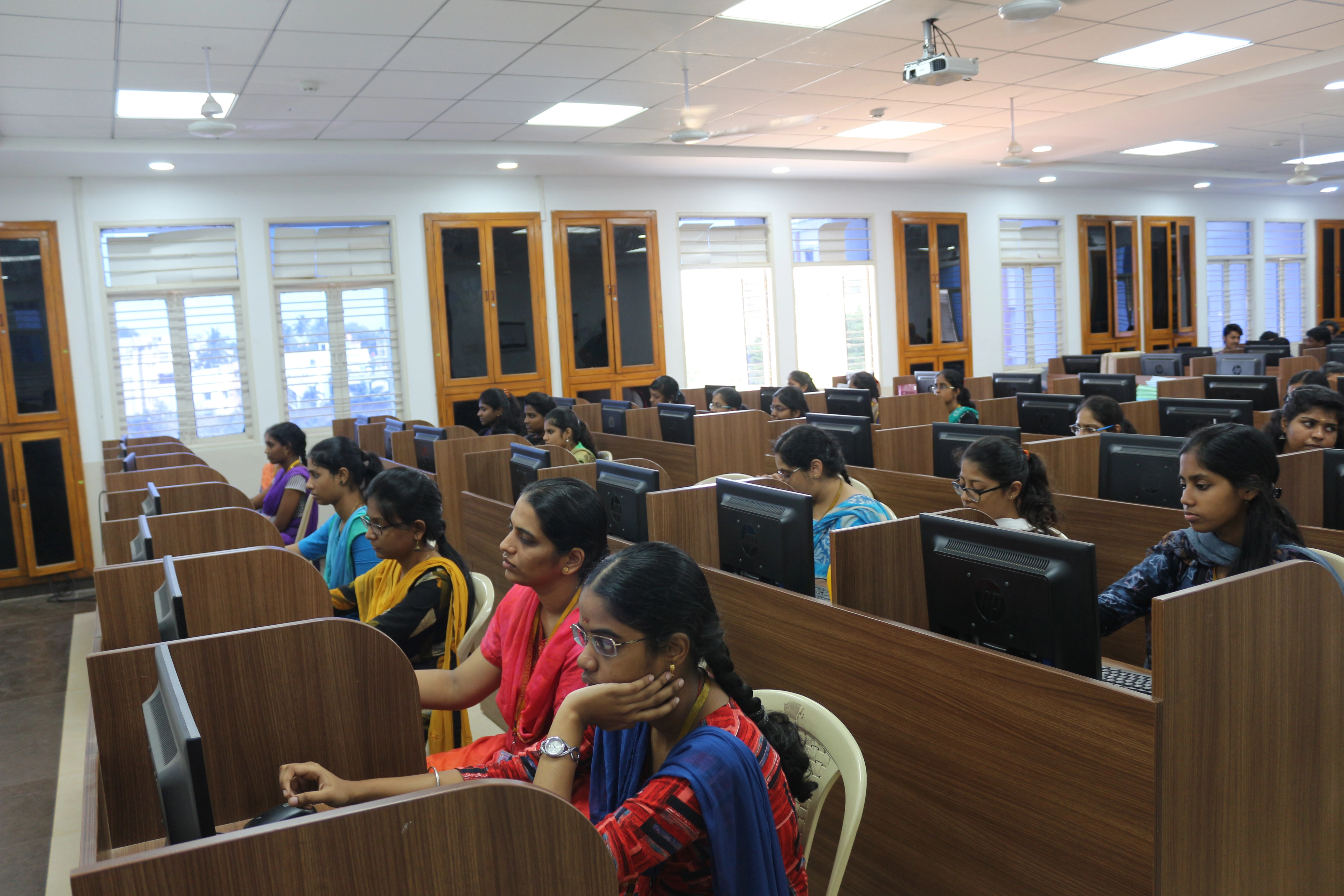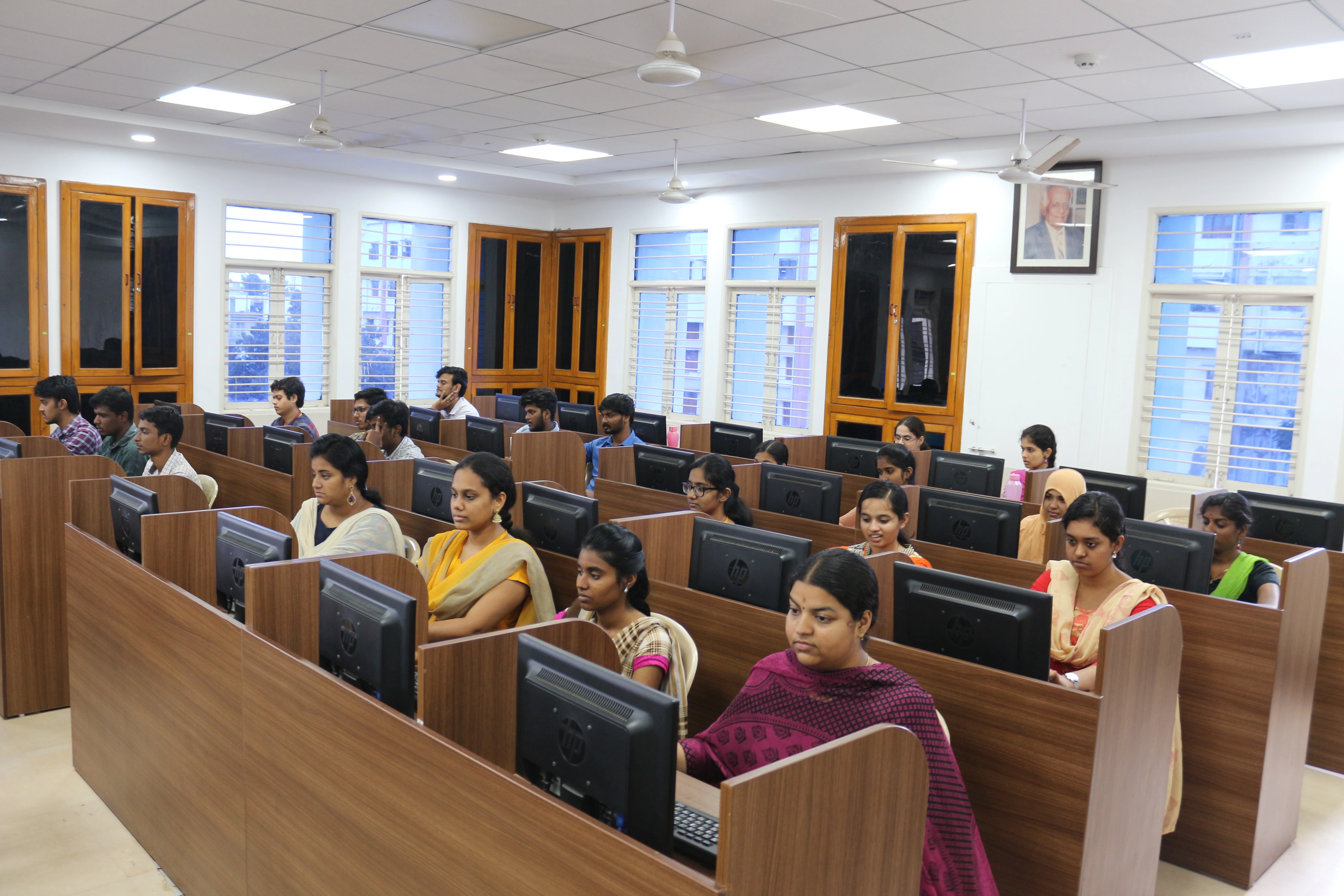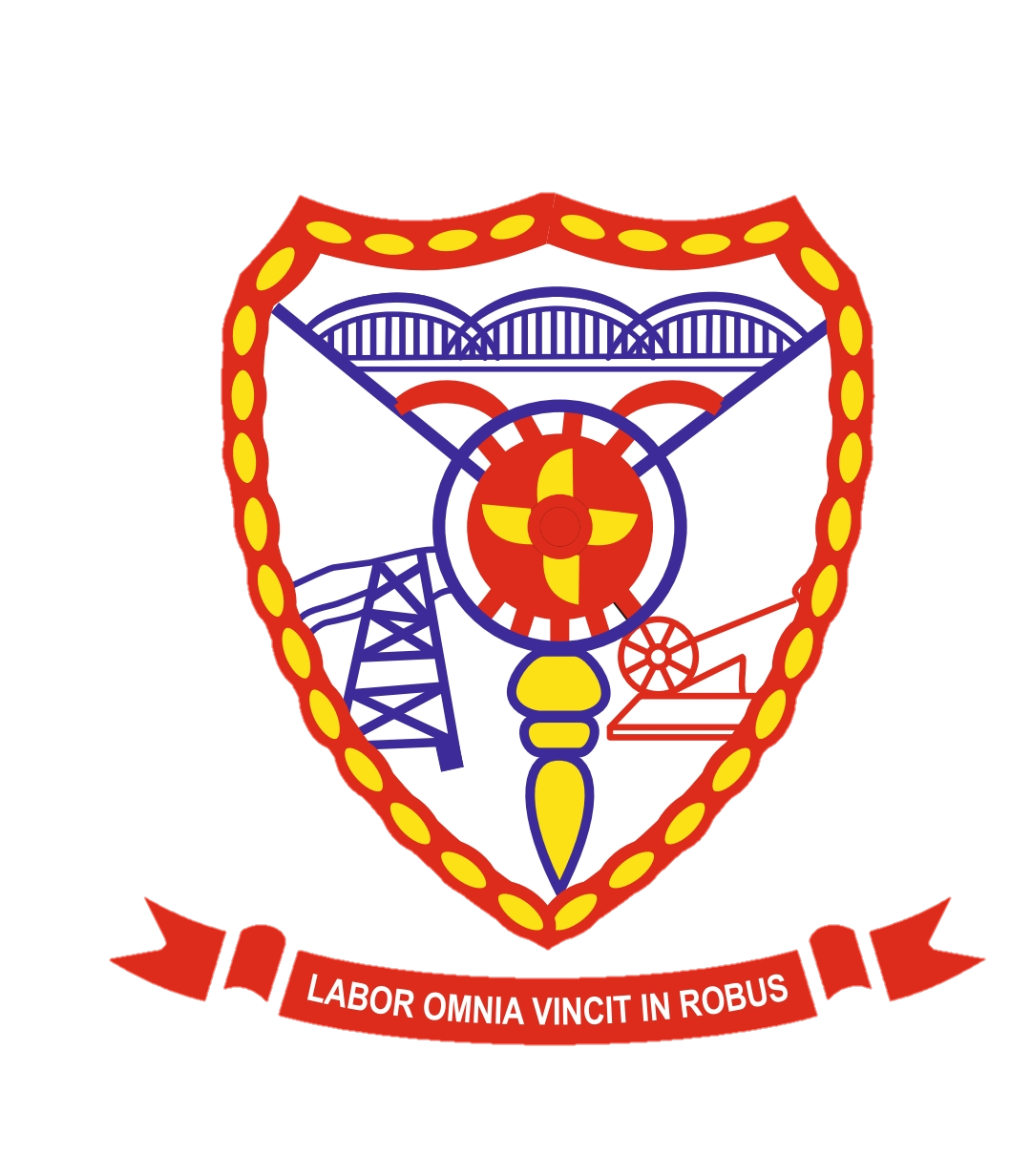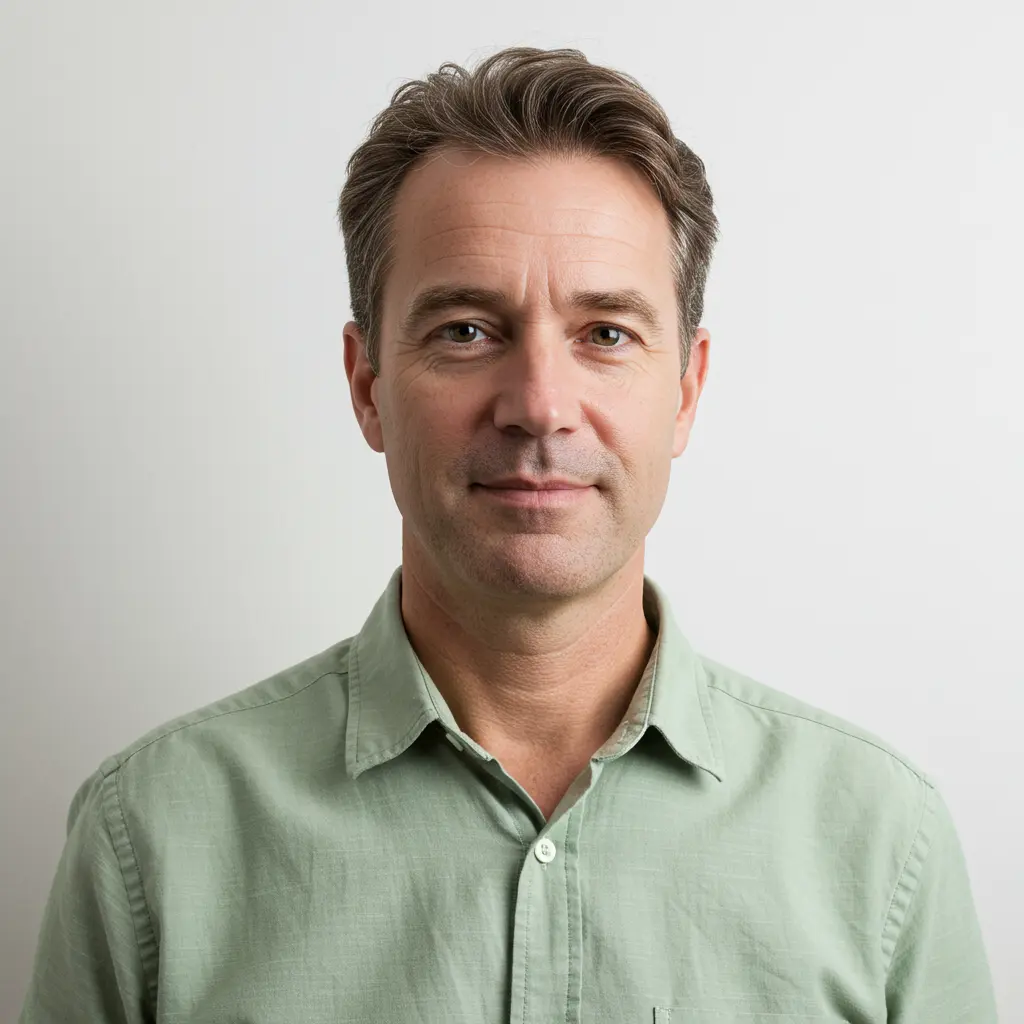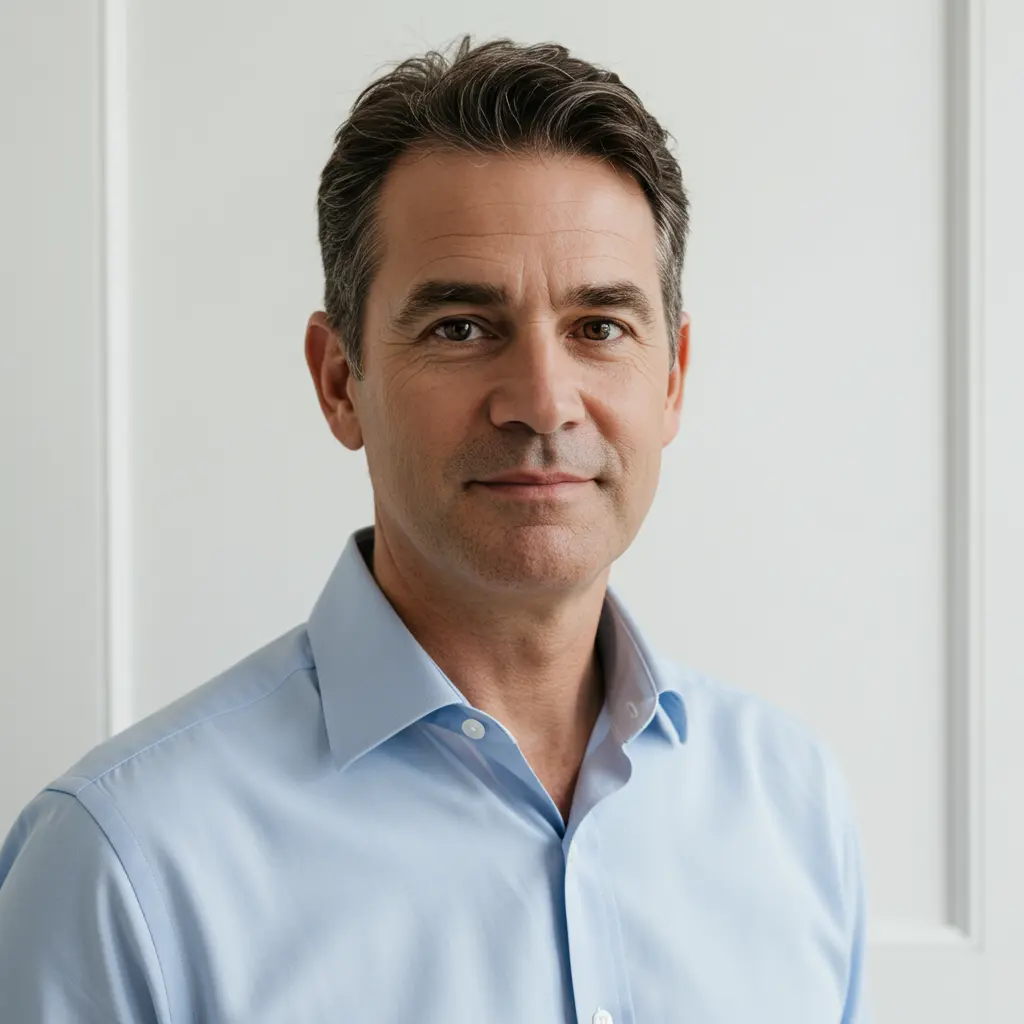Energy Engineering
Energy Engineering Department
Department of Energy Engineering
To develop creative mechanical engineers by providing quality education, research and ethical values.
- To provide conducive environment and facilities for academic activities and preparing students for diverse careers.
- To develop collaborative research with industries for excellence in research and consultancy practices.
- To provide education in advanced technologies according to the changing needs of the society.
- PEO1: To have high level of technical competency combined with research and problem-solving skills to generate innovative solutions in Mechanical Engineering.
- PEO2: To apply modern computational, analysis, simulation tools and techniques to face the challenges in mechanical and allied engineering streams.
- PEO3: To be able to communicate effectively and to practice their profession with high regard for social needs adhering to ethical practices.
- PEO4: To update themselves in the areas and technologies that is relevant to their career and exhibit professionalism with team spirit.
- PSO1: Application of core subjects namely, Design, Manufacturing, Thermal Engineering and Fluid Mechanics to Mechanical engineering problems.
- PSO2: Familiarization of modern Design and Analytical software such as AutoCAD, CREO, NASTRAN, ADAMS, CADEM, FluidSim, LabVIEW and MATLAB for analyzing problems of Mechanical Engineering.
- PSO3: Incorporate design and implementation of mechanical systems in societal and environmental issues.
- PO1: Engineering knowledge – Apply the knowledge of mathematics, science, engineering fundamentals and engineering specialization to the solution of complex engineering problems.
- PO2: Problem analysis – Identify, formulate, review, research literature, and analyze complex engineering problems reaching substantiated conclusions using first principles of mathematics, natural sciences, and engineering sciences.
- PO3: Design/development of solutions – Design solutions for complex engineering problems and design system components or processes that meet the specified needs with appropriate consideration for public health, safety, and societal/environmental factors.
- PO4: Conduct investigations – Use research-based knowledge and methods including design of experiments, analysis and interpretation of data, and synthesis of information to provide valid conclusions.
- PO5: Modern tool usage – Create, select, and apply modern engineering and IT tools for prediction and modeling with understanding of their limitations.
- PO6: The engineer and society – Apply contextual knowledge to assess societal, health, safety, legal, and cultural issues relevant to engineering practice.
- PO7: Environment and sustainability – Understand the societal and environmental impact of engineering solutions and the need for sustainable development.
- PO8: Ethics – Apply ethical principles and commit to professional ethics and responsibilities.
- PO9: Individual and teamwork – Function effectively as an individual and in diverse team settings.
- PO10: Communication – Communicate effectively on complex engineering activities with peers and society at large.
- PO11: Project management and finance – Apply engineering and management principles to manage projects as a member or leader in a team.
- PO12: Life-long learning – Recognize the need for lifelong learning in the context of technological change.
Mathematics Department
Curabitur a felis in nunc fringilla tristique. Fusce egestas elit eget lorem. Etiam vitae tortor. Nam at tortor in tellus interdum sagittis.
Faculty Details
| S.No | Faculty Name | Qualification | Designation | Areas of Interest |
|---|---|---|---|---|
| 1 | Dr. S. V. Saravanan | B.E., M.E., Ph.D., M.B.A., D.Litt. | Principal and Professor | IC Engines, Energy Management |
| 2 | Mr. N. Sreekanth | B.E., M.S | Associate Professor | Manufacturing |
| 3 | Dr. S. SanthanaKrishnan | M.E., Ph.D | HoD & Associate Professor | Heat and Mass transfer, Thermal Engineering, Gas Dynamics Jet Propulsion, Alternate Fuel |
| 4 | Mr. K. Iyyanar | M.E | Assistant Professor | Material science & CAM |
| 5 | Dr. S. Kamatchi Sankaran | M.E., Ph.D., M.B.A | Professor | Thermal Engineering, Material Science |
| 6 | Mr. M.R. Seshadri | B.E | Professor Emeritus | Manufacturing |
| 7 | Mrs. Toral AnandKumar | M.E | Assistant Professor | Material Science CAD & Analysis |
| 8 | Mr. Thameemul Ansari Ameen | M.E | Assistant Professor | Thermal Science |
| 9 | Mr. V. Arul | M.E | Assistant Professor | Metrology & CAM |
| 10 | Dr. A. Chidambaram | M.E., Ph.D. | Assistant Professor | CAD/CAM, Composites, Plastic Deformation Processes, Kinematics of Machinery |
| 11 | Dr. T. Prabakaran | Ph.D. | Assistant Professor | Thermal Engineering, Heat Engines, Manufacturing |
| 12 | Mr. K. Rajkumar | M.E., (Ph.D.) | Assistant Professor | Energy Engineering |
| 13 | Mr. Karthik Hari D | M.E. | Assistant Professor | Energy Engineering |
| 14 | Dr. G. Vijayan | B.E., M.E., Ph.D. | Professor | Solar thermal collectors, Nanofluid, Renewable energy, Heat transfer, Mass transfer |
| 15 | Mr. Brithivi Raj. G | M.E. | Assistant Professor | Manufacturing, Finite Element Analysis, Theory of machines |
| 16 | Mr. M. Vijayananthan | M.E. | Assistant Professor | Engineering Design |
